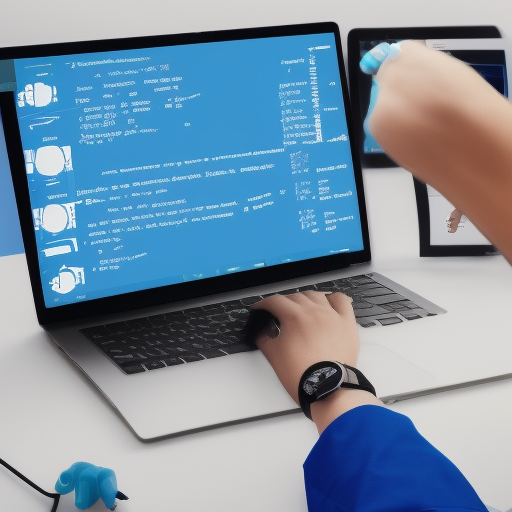Clinical Research Pharmacists
A clinical research pharmacist is involved in many roles. They're a position that is still expanding in the clinical research industry. Clinical research pharmacist helps establish the effectiveness and safety of new medicine, drug, treatments, or new procedures of using old ones. They also formulate the new drugs or treatment and they package and label the drugs or new treatments. They also carefully monitor those who receive the new drugs for adverse effects or other unexpected outcomes.
For those looking to delve deeper into this vital role, consider the Clinical Research Coordinator course which provides essential training on managing clinical trials.
Becoming a clinical research pharmacist entails working on new ideas about the ways in which clinical research studies can be carried out. In trials, they need to ensure that good clinical practices are in place as well as the enforcement of regulatory requirements. For a comprehensive understanding of these practices, the ICH-GCP course is highly recommended.
There's a whole world of options for clinical research pharmacist as they work in various roles, for example they can work in pharmaceutical industries or trial units. They tend to work with a wide variety of other clinical research professionals during the course of clinical trials, especially those in research and development (R&D). During the research and development phase, they will work with clinical research project managers, clinical research associates, as well as research nurses and individuals involved in the clinical trials: from pharmaceutical companies to funding agencies. If you are interested in these roles, consider exploring the CRA course or the Advanced Clinical Research Project Manager Certification.
Clinical research pharmacists look into the resolution of a range of problems that may arise in the course of a clinical research study. There are basically five main scopes of clinical research that clinical research pharmacist is primarily involved in. They include:
Clinical trials coordination.
Clinical trials.
Funding.
Formulation, packaging, and marketing.
For those interested in assisting in clinical trials, the Clinical Trials Assistant Training offers targeted education in this area.
Being a clinical research pharmacist is not a easy job, but it can be rewarding emotionally and financially for the right person. The median salary for a clinical research pharmacist is $130,000. Click here for a listing of positions near you.
For those aiming to reach a higher level in this field, such as becoming a principal investigator or a medical monitor, the Advanced Principal Investigator Physician Certification or the Medical Monitor Certification might be the next steps.
Take courses from CCRPS and learn more on how to become a clinical research professional.
Discover more from Clinical Research Training | Certified Clinical Research Professionals Course.










